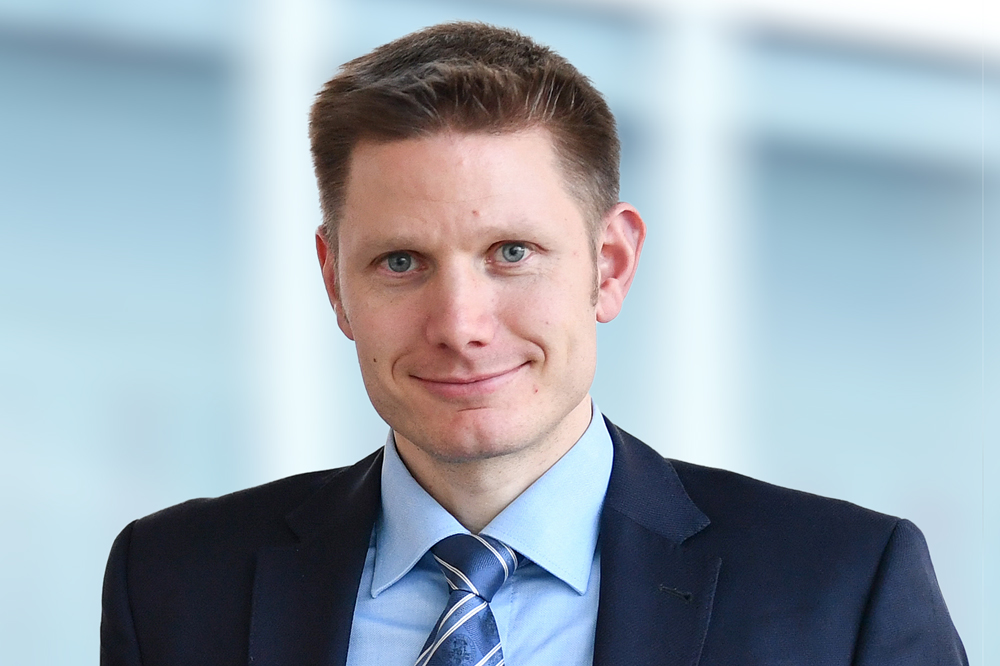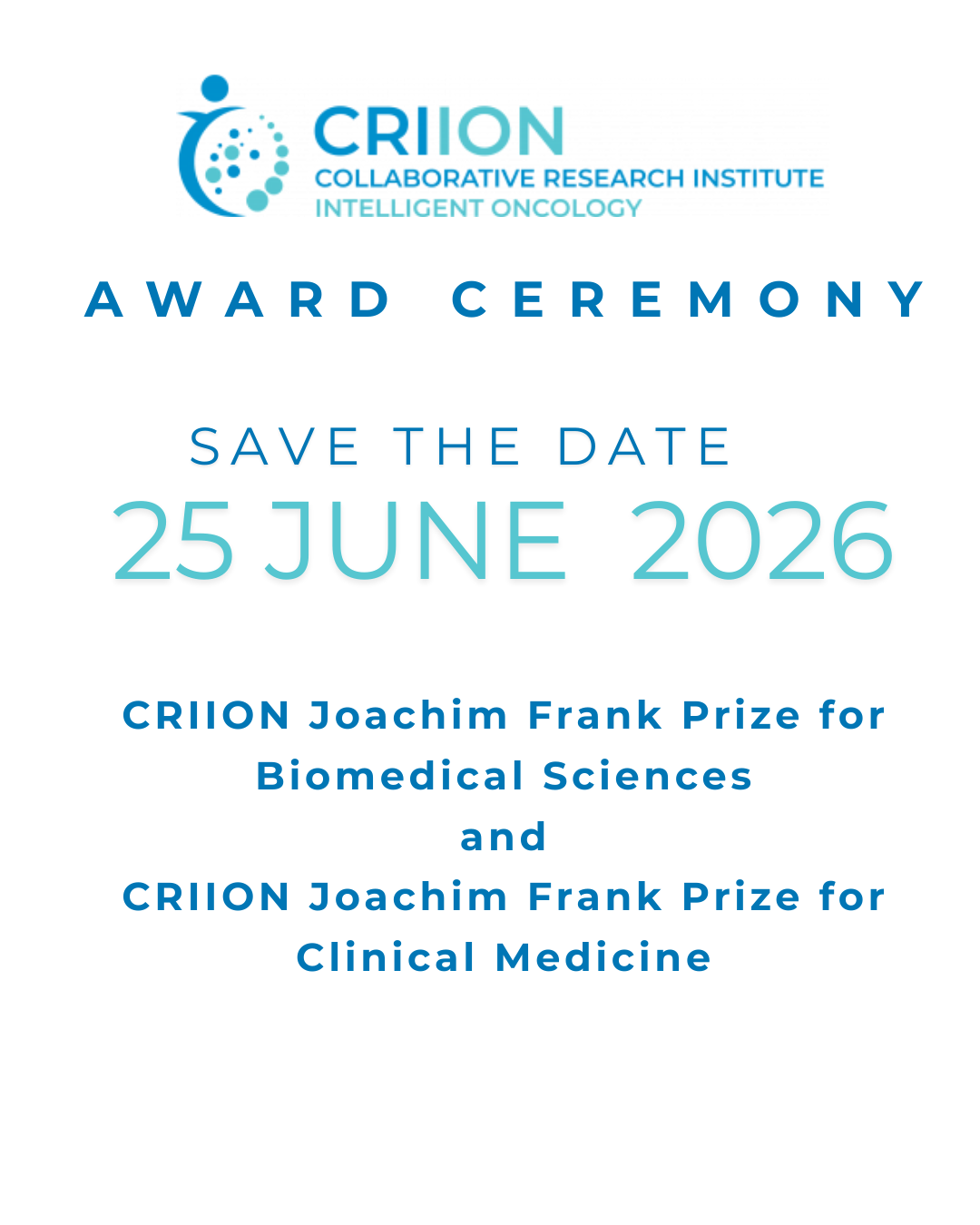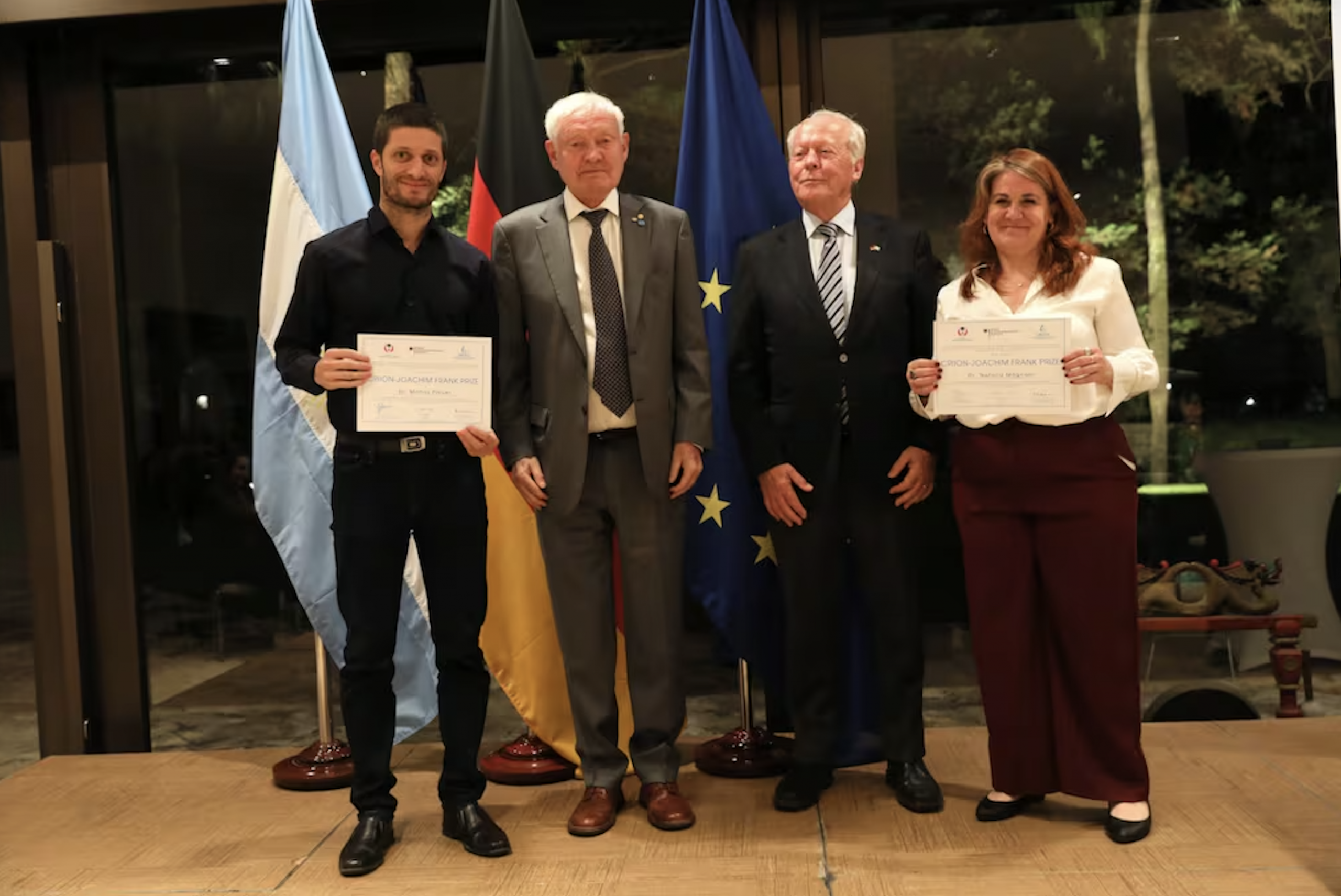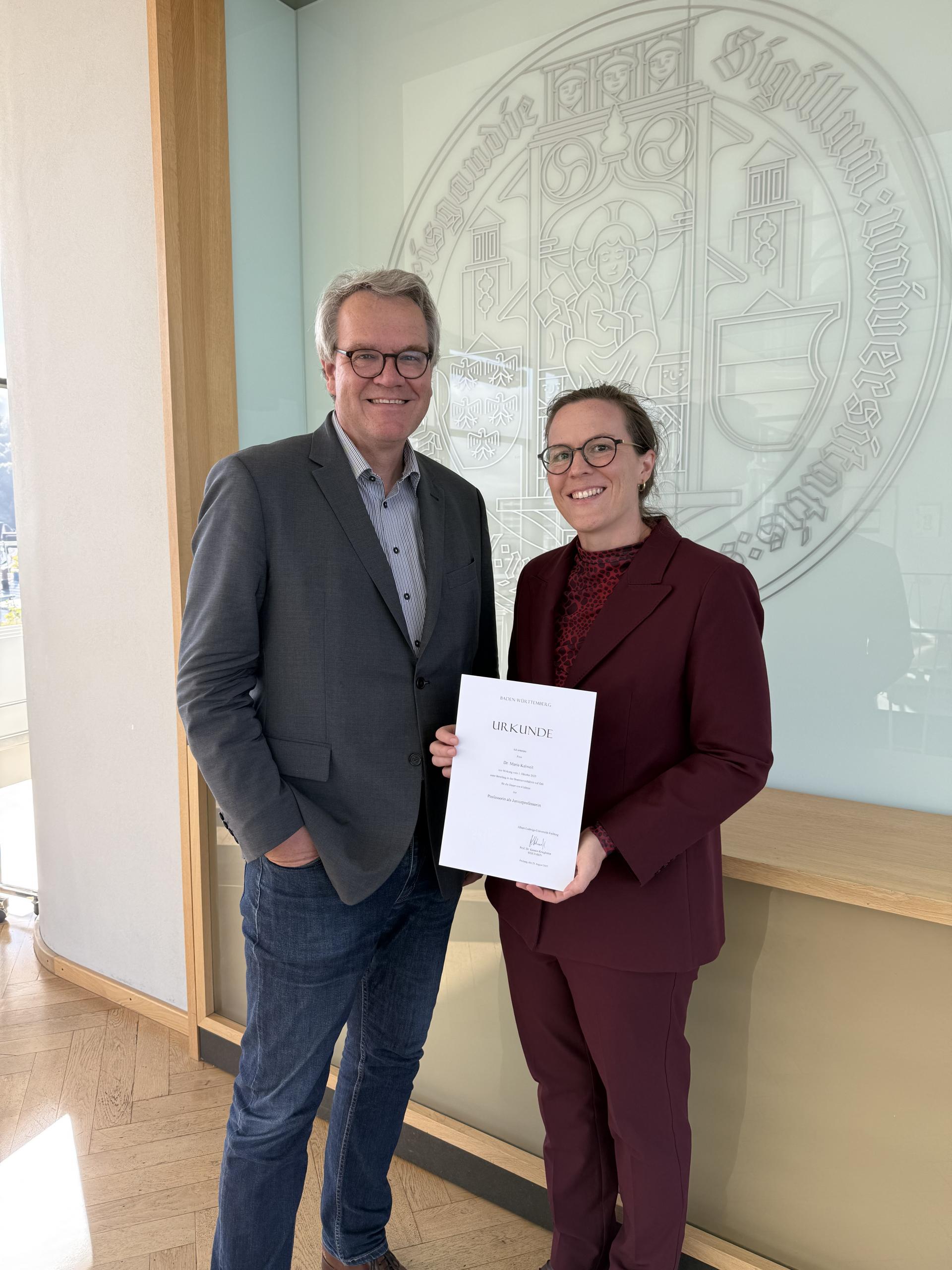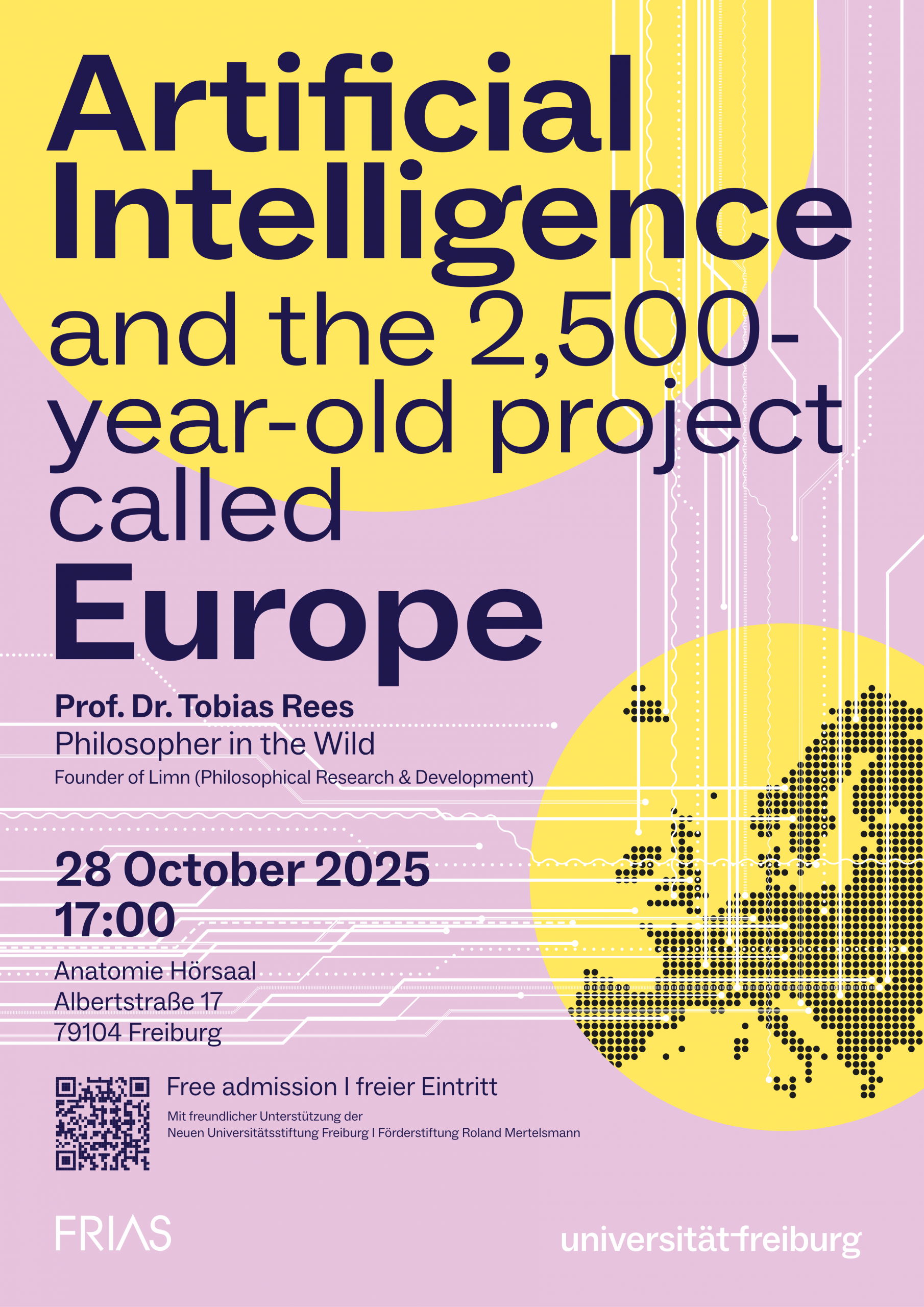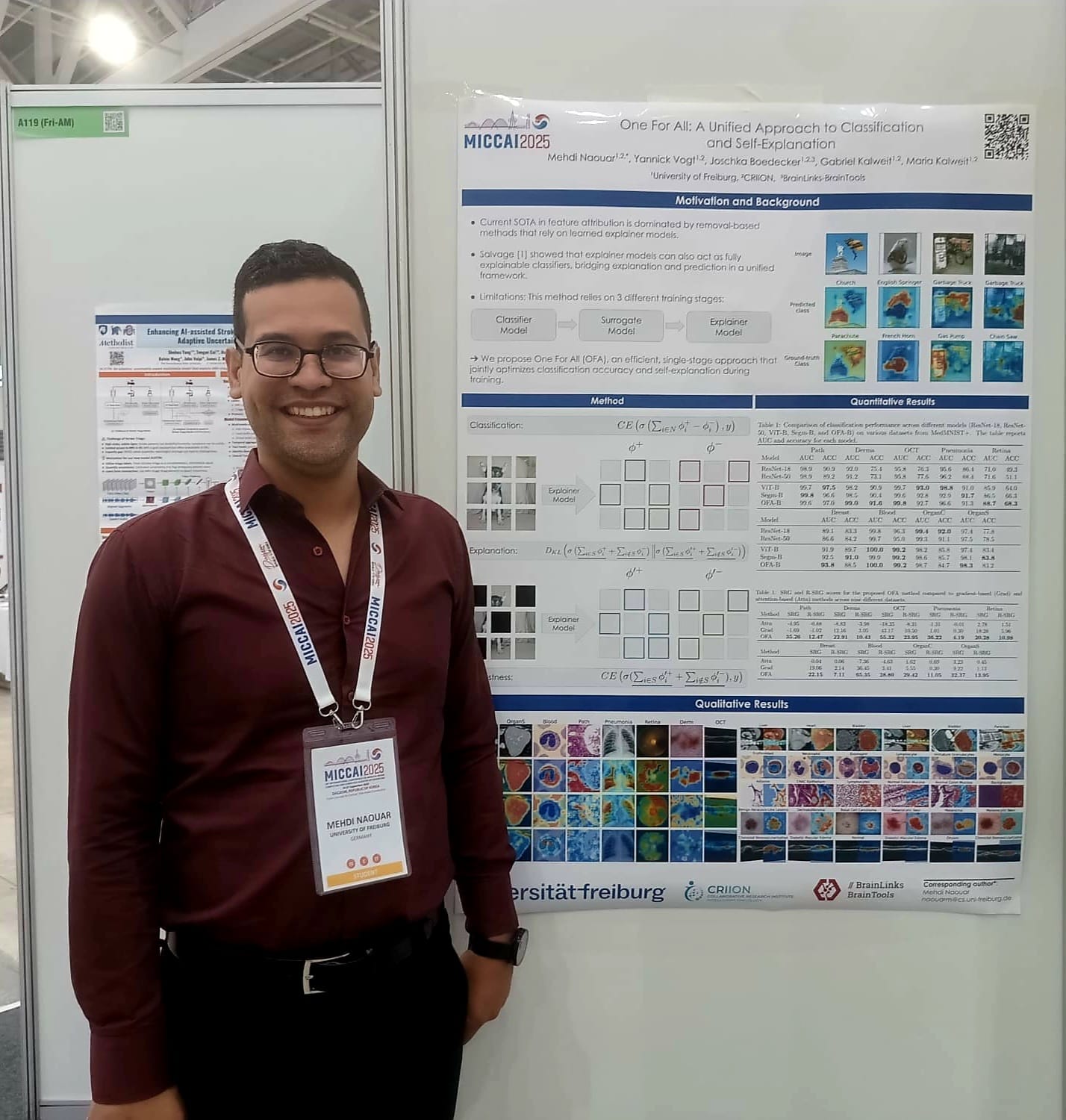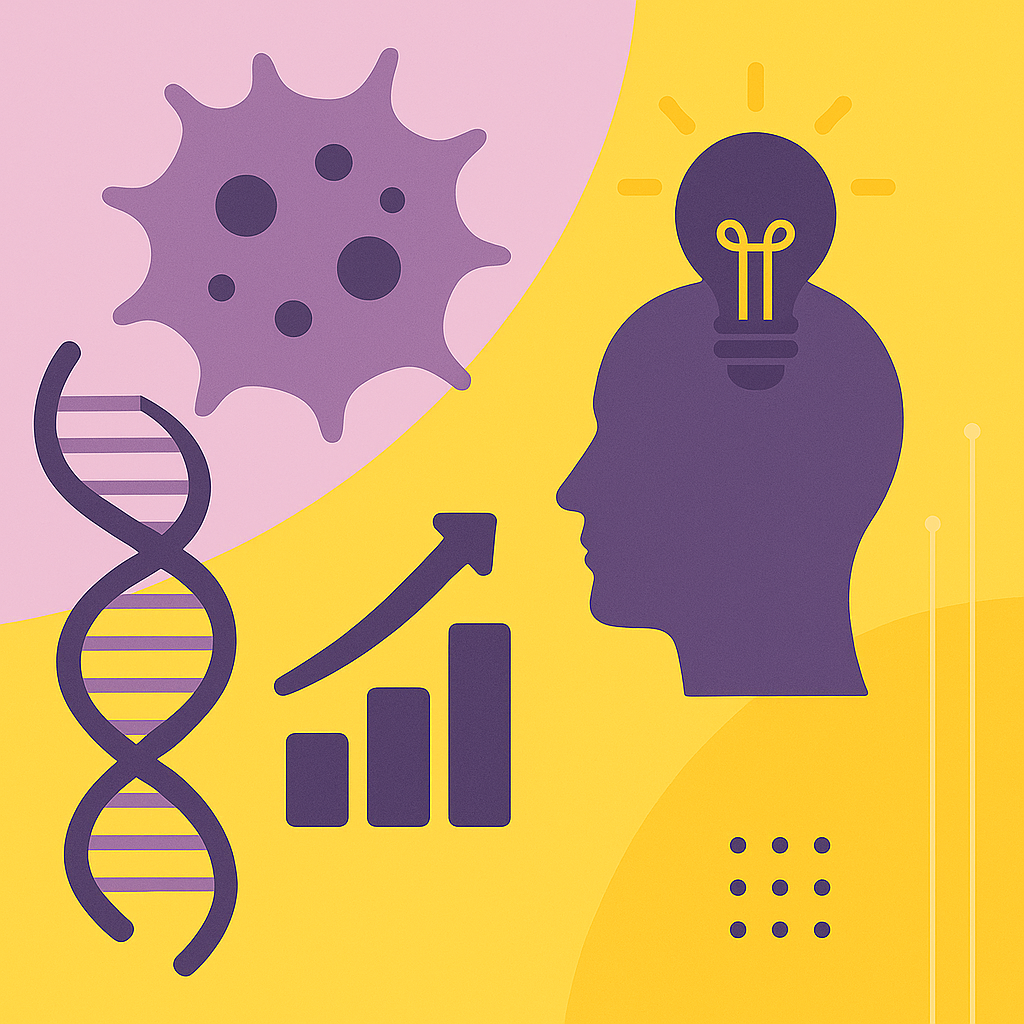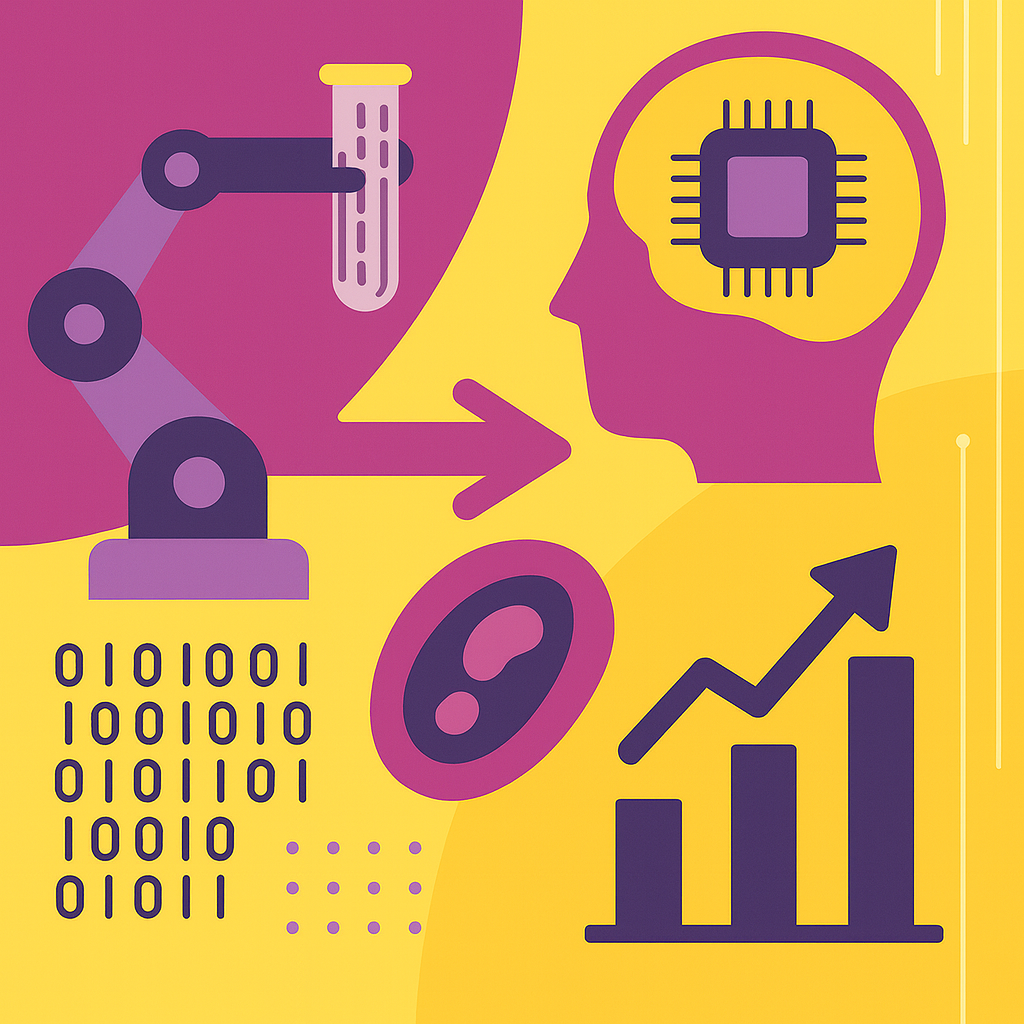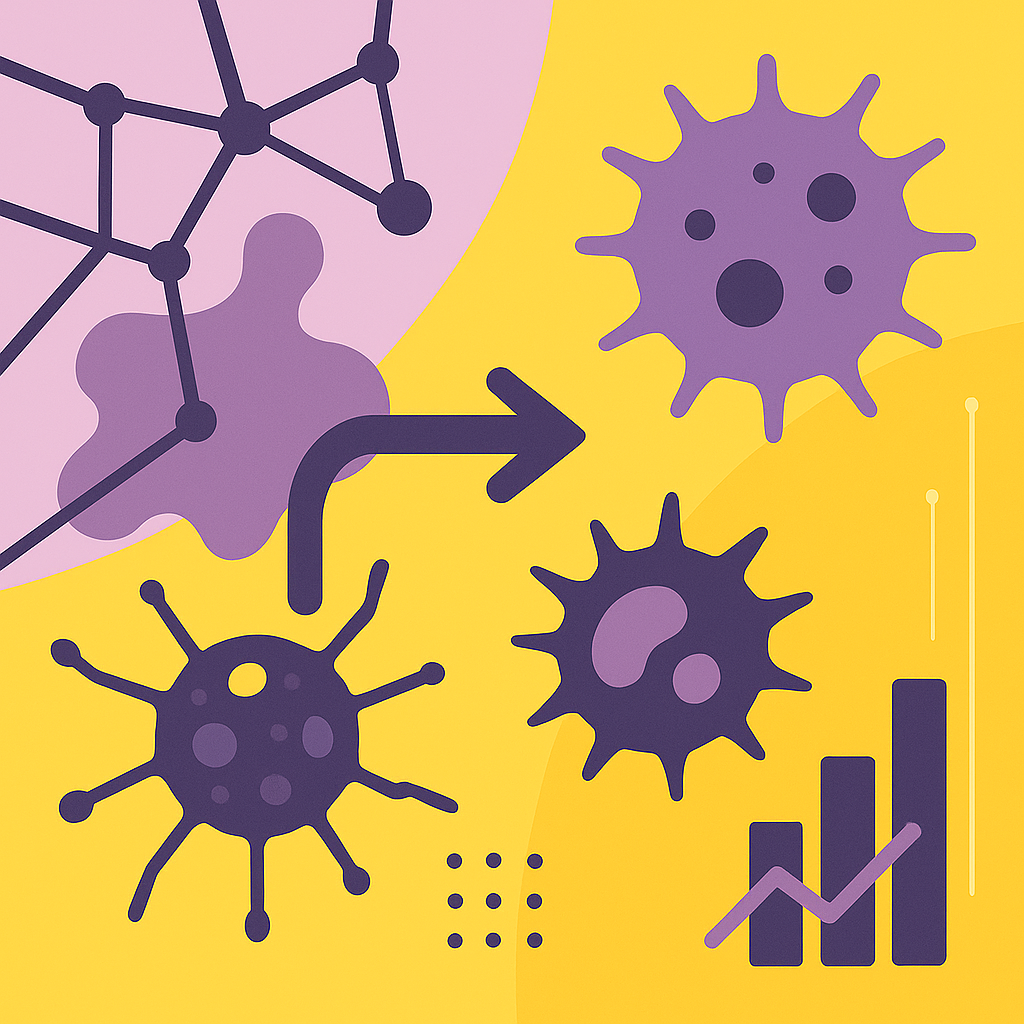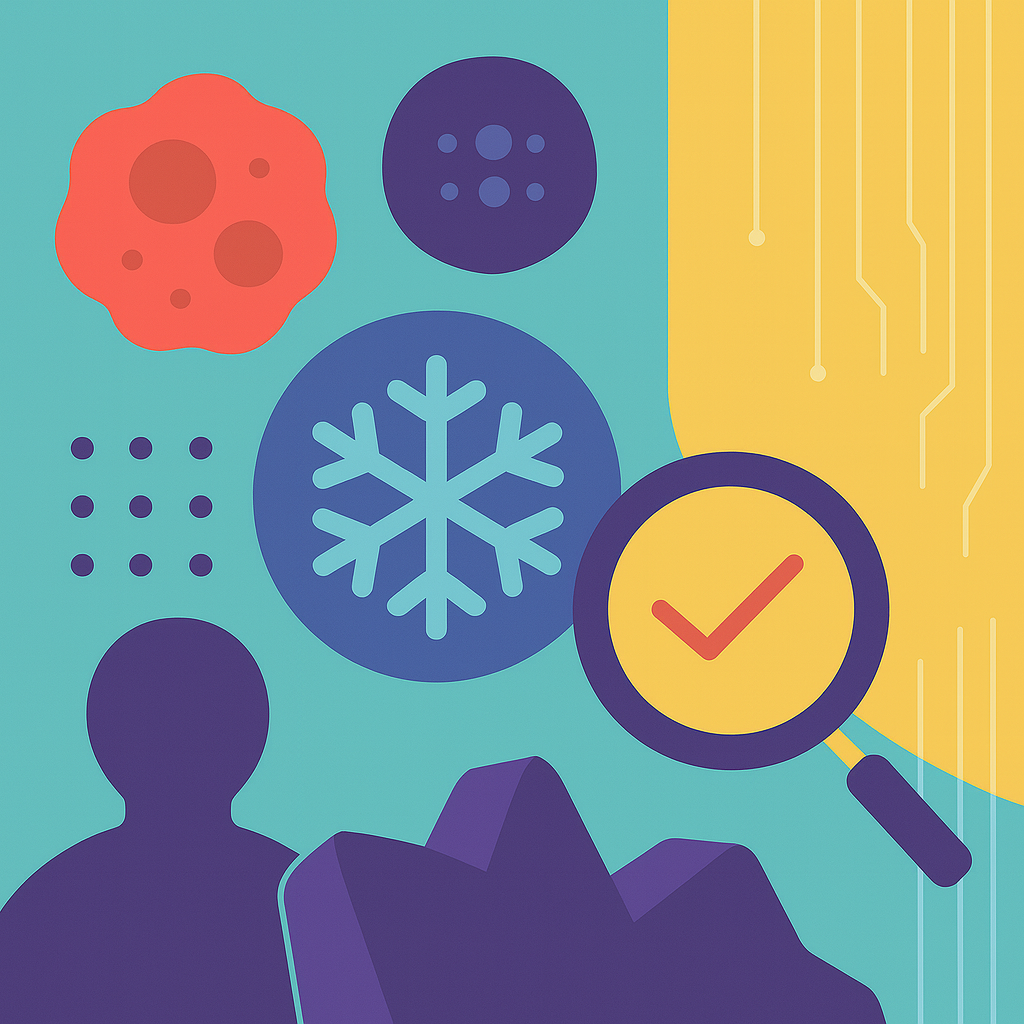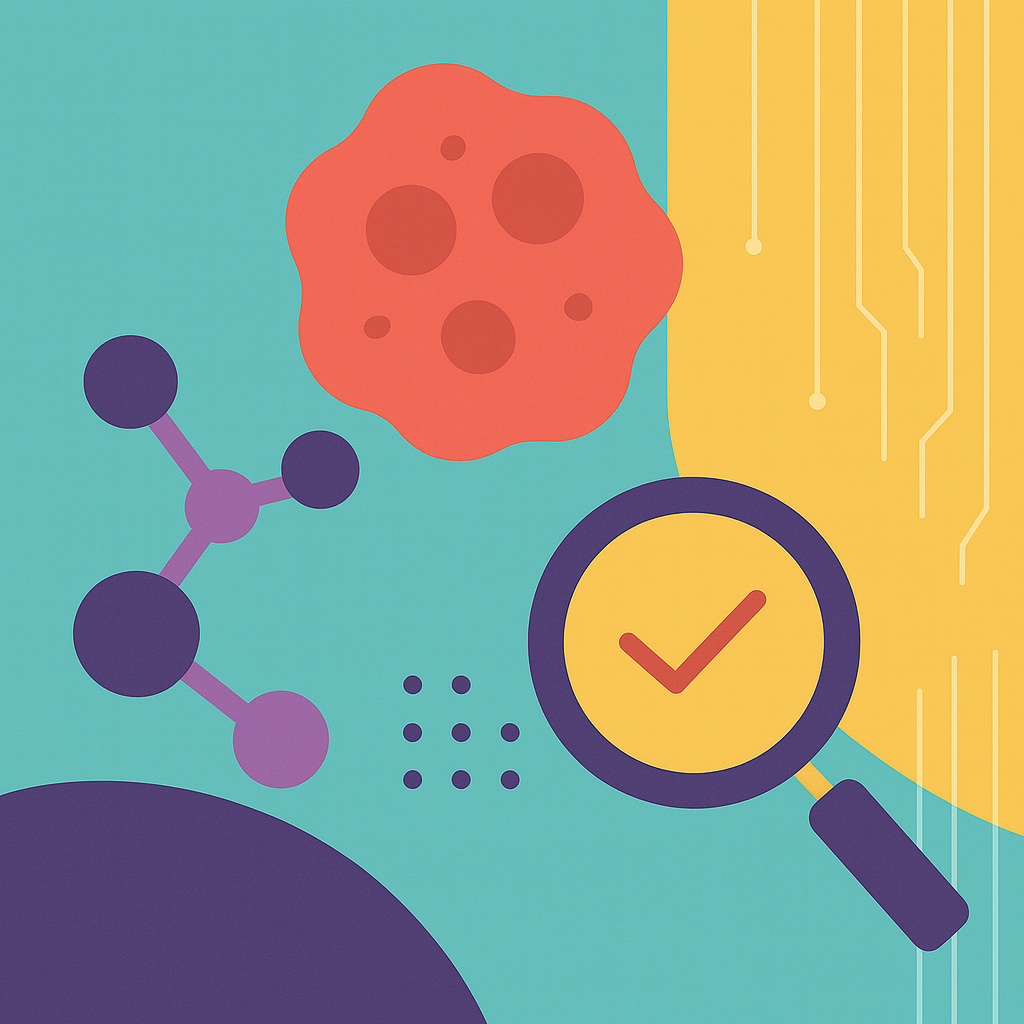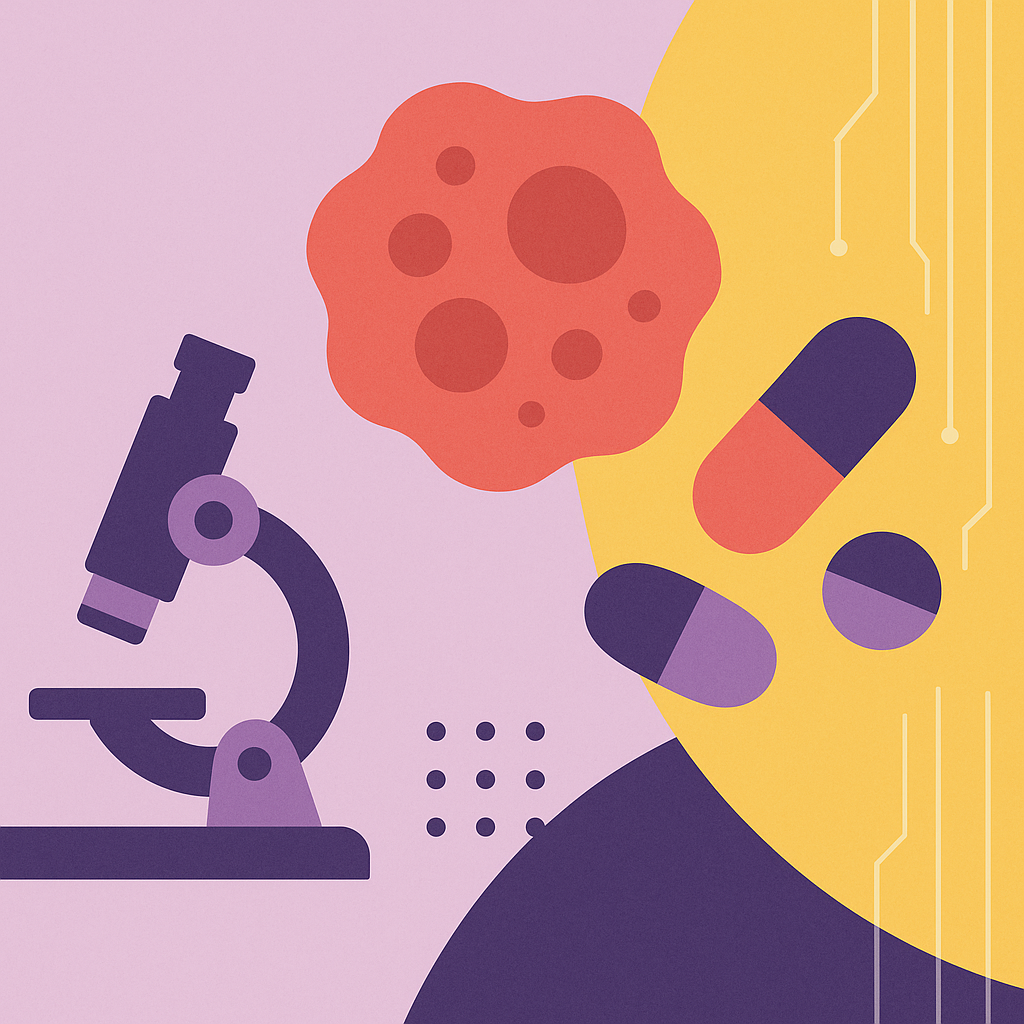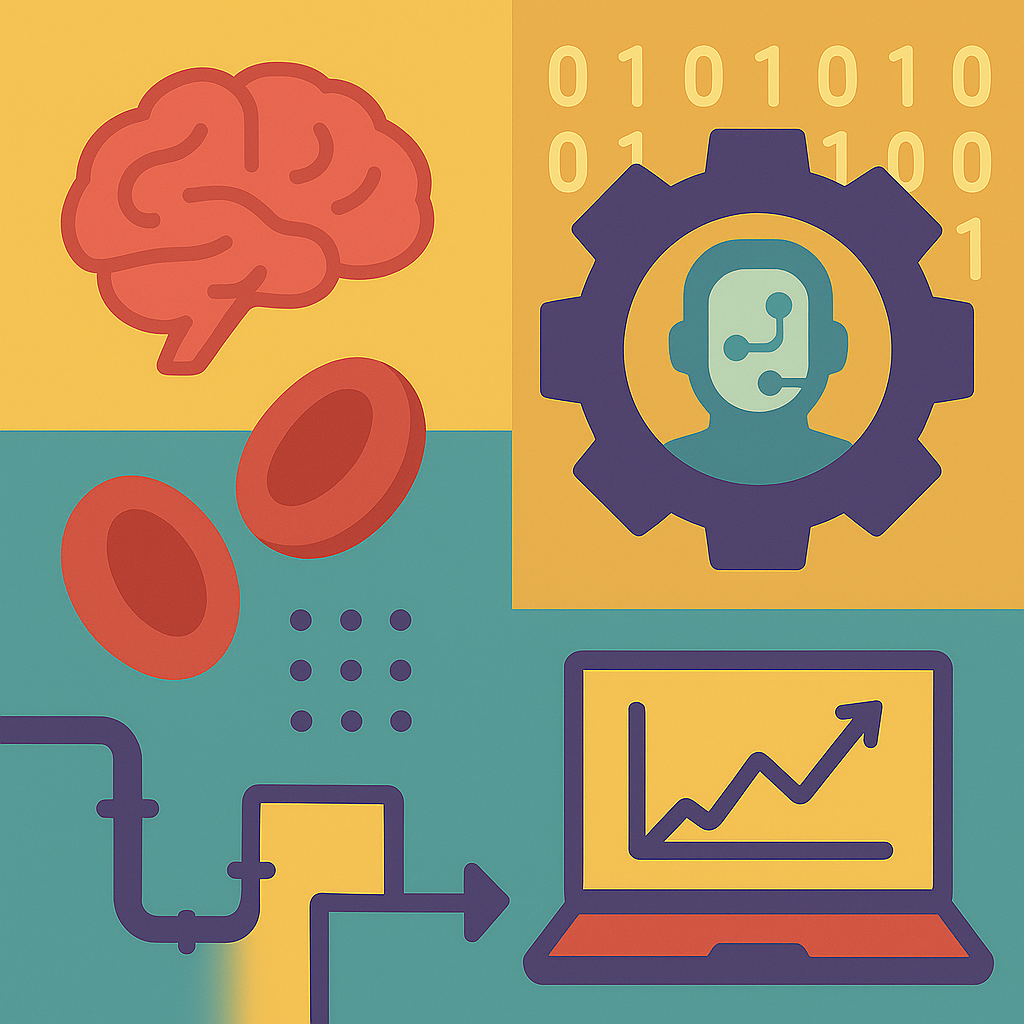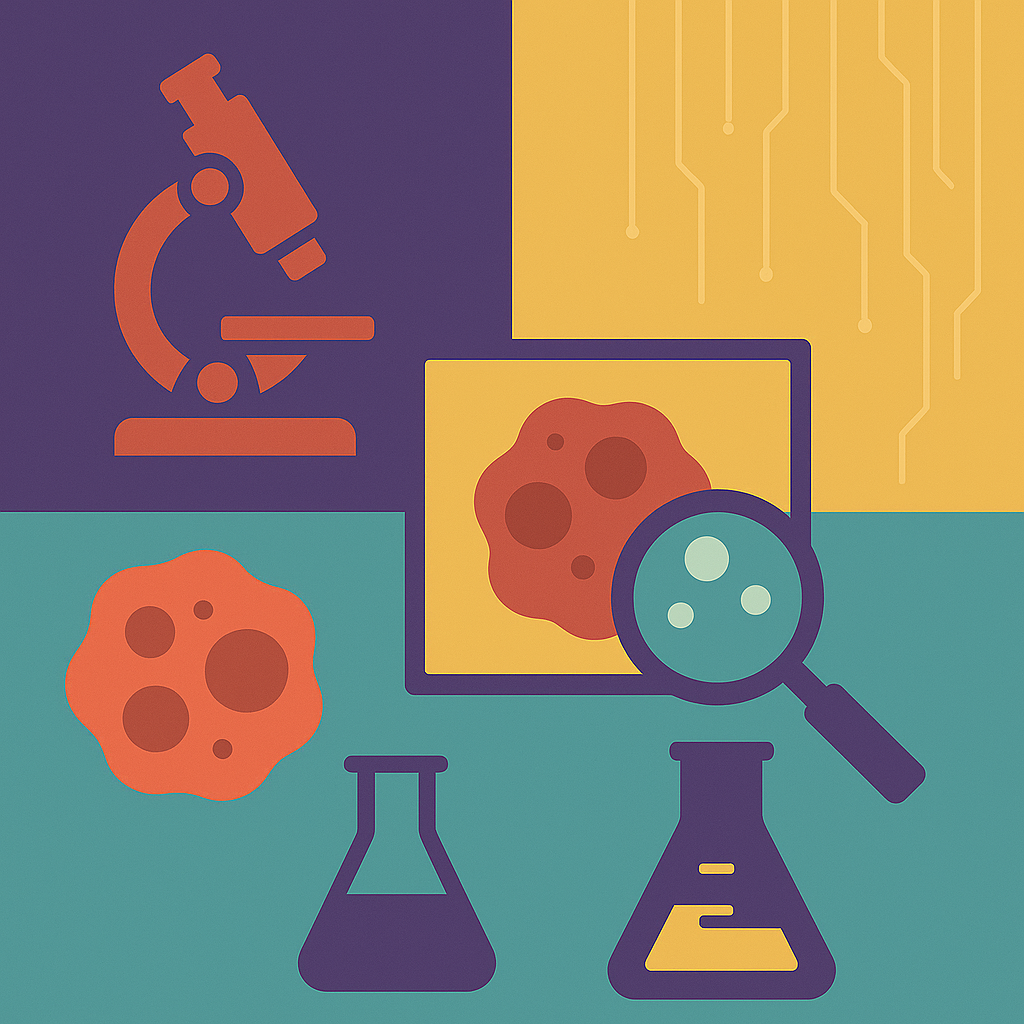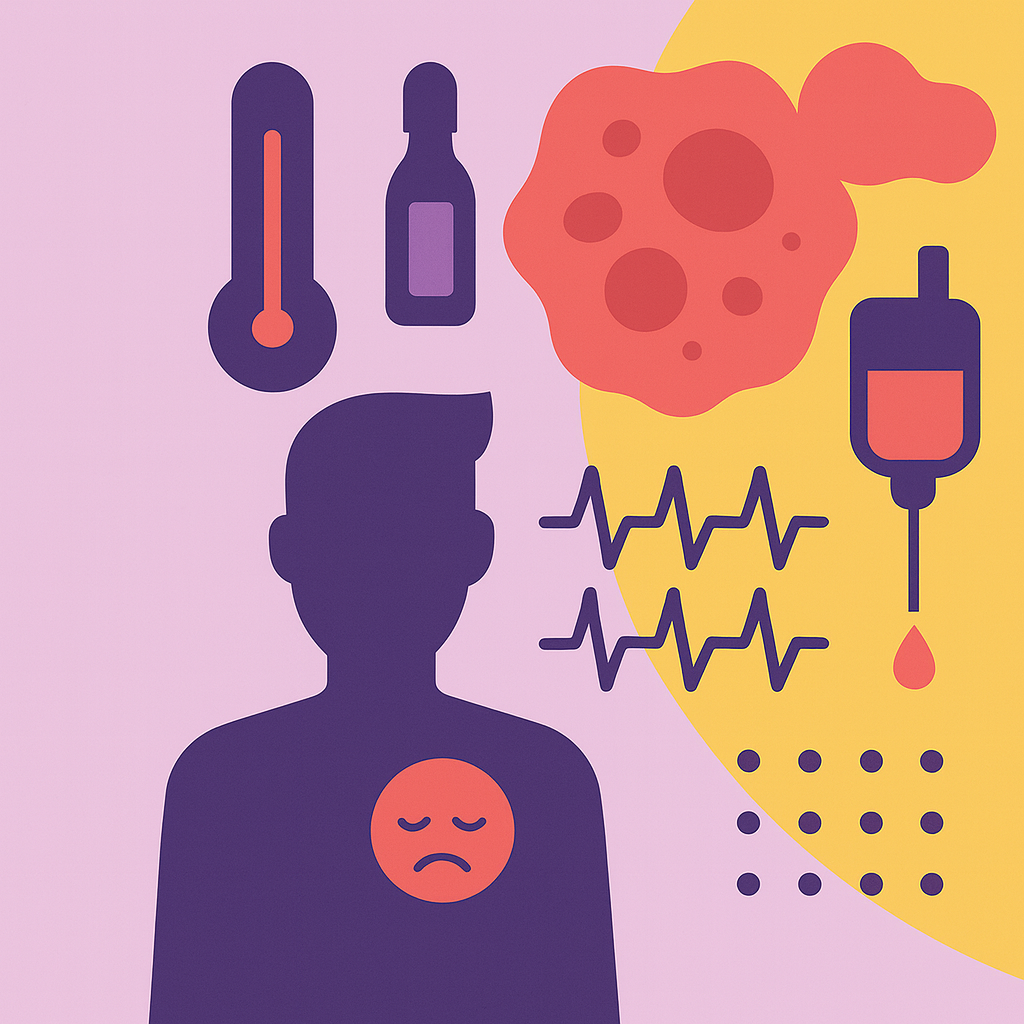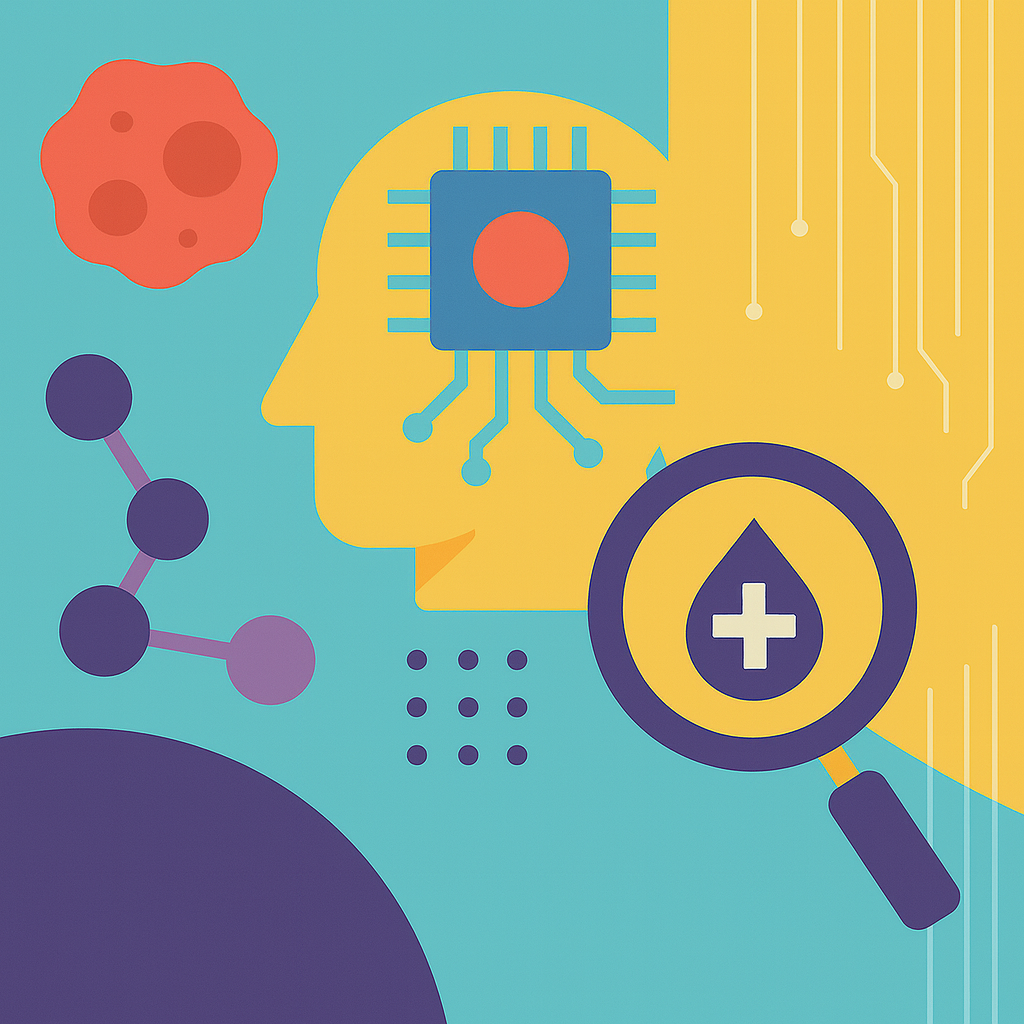Shaping Tomorrow’s Cancer Treatment
CRIION, the Collaborative Research Institute Intelligent Oncology of the Mertelsmann Foundation, brings together medicine, biology, computer science, engineering, and philosophy to transform the future of cancer care. We strive to detect cancer with unmatched precision, reveal hidden cell states, and design therapies that adapt to each patient in real time. We are a creative research environment at the intersection of Translational Oncology and Machine Learning for talents all across the globe at the heart of Freiburg, Germany.
Our Aim: AI-assisted adaptive cancer control, continuously improving survival, quality of life, and outcomes for patients.
News
Core Expertise and Collaborative Horizons
CRIION is built around a strong core, uniting AI expertise, a dedicated wet lab facility, and an interdisciplinary team. Alongside this core, funded research projects at universities and research institutions extend and advance our roadmap towards AI-assisted adaptive cancer control. We are open to collaborations in this field and can contribute through co-financing or joint project support, ensuring that innovative ideas become part of the shared vision.
Projects
The potential of AI to Control Cancer
Contact
Visiting Addresses
CRIION AI Lab
Collaborative Research Institute
Intelligent Oncology (CRIION)
Georges-Koehler-Allee 302
CRIION Wet Lab
Collaborative Research Institute
Intelligent Oncology (CRIION)
Türkheimer Str. 4A
Postal Address
Administration: Mertelsmann Foundation gGmbH
Hermann-Herder-Str. 4
79104 Freiburg
Tel: 49 761 7699560


